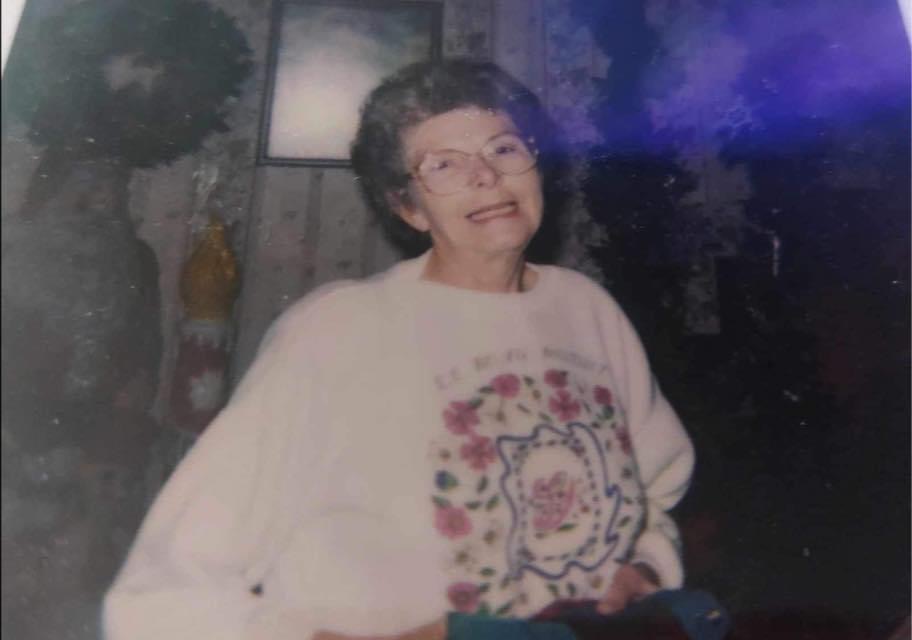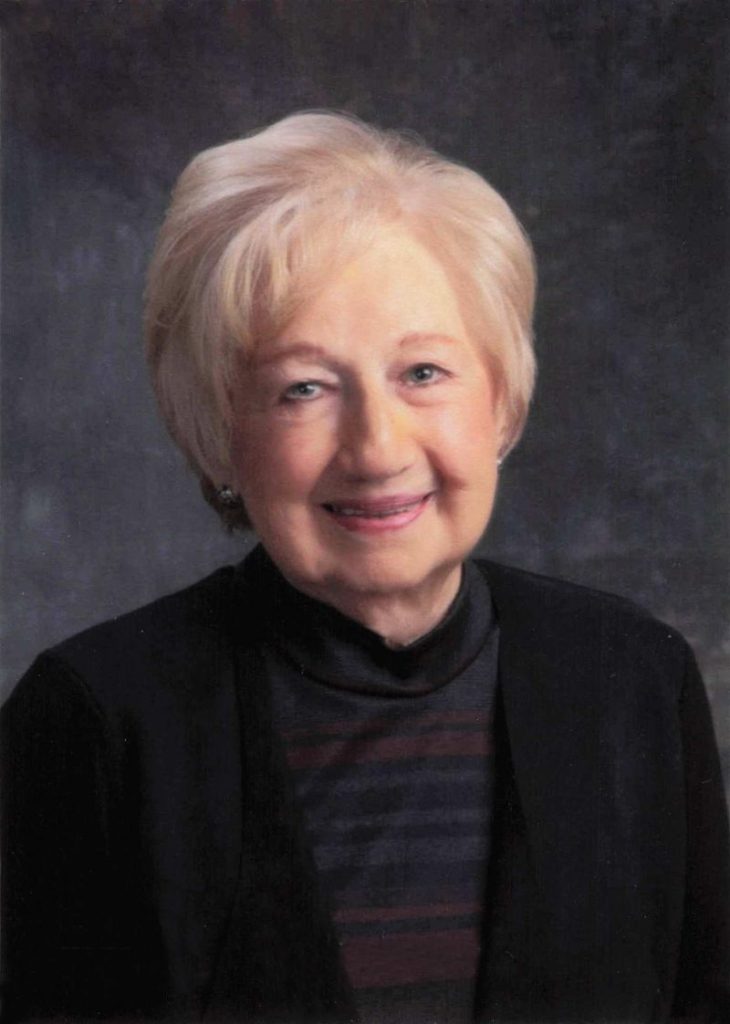Duncan: Granny delivered the food, God delivered the conversation

No matter how many people came to Granny’s house for dinner, there was always a two-to-one person ratio when it came to dessert.
The staples were strawberry rhubarb pie, German chocolate cake, pistachio salad (or potassium salad as Granny called it) and the light and fluffy wonder that she called cherry cheesecake—the only thing, by the way, that will ever be cheesecake to me.
When I was later introduced to what the rest of the world called cheesecake, I flat out rejected it. Over the years I have accepted this alternate version as a good dessert, and even joyfully smothered it in chocolate, caramel, and nuts to call it turtle cheesecake, but I will never embrace it as what that fluffy dessert should be.
And if Granny’s whipped cheesecake (covered in cherries and topped with graham cracker sprinkles) isn’t offered in Heaven’s kitchen when I get there, I might just have a talk with the Big Guy to see about a menu change.
Her name was Fern Ashburn, and as far as I am concerned, she was the best Granny of them all.
She didn’t communicate well with words, but she spoke in volumes of fried chicken, mashed potatoes, ladles of gravy, and desserts of all shapes and sizes. I won’t even pretend that I don’t blame my fat tendency on my Granny’s high calorie love language, but she sure did put smiles on faces.
From her little alley kitchen, Granny made her impact on the world with food.
In 1954 the landmark Supreme Court decision Brown versus the Board of Education integrated white and black students all over America, and at Mark Twain Elementary a little boy named Pat joined Dad’s sixth grade class.
Granny donned her matching floral apron and oven mitts made from the old living room curtains, and immediately instructed Dad to “ask that little black boy to come down here for supper.”
Dad spoke (about ten years ago) more than 50 years later at a Hannibal Country Club ceremony honoring that Pat’s retirement from a career in military service. Dad hated public speaking or being the center of attention, but he did for his lifelong friend.
Pat was honored at the same country club where Pat and Dad once worked in the kitchen. Pat was only allowed to enter through the back door so that his skin color didn’t upset the diners.
The thing is though, Pat was always an honored guest at Granny’s table.
Granny knew that people need food and people need friends, so she simply cleared a spot at her dinner table and let God deal with the conversation.
Sometimes there was no need for conversation at all. Up the street from from Granny’s lived a Chinese lady, with whom she had an encounter each morning shortly after Grandpa died.
As Granny wandered around her yard, a smiling oriental face would appear atop the orange marigolds and without any exchange of words they hugged and then continued on with their day.
That was it—the extent of their relationship—it was a wordless bridge between what could have been a cultural divide. Instead it became something rather small that seemed to mean a whole lot to them.
This came after an awkward first meeting when Granny saw her walking on the other side of the street and flagged her down to invite her inside and feed her (Granny saw a thin person as a charity project).
This resulted in the woman walking away as fast as she could without running. So the next day Granny waited for her in the driveway with hot out of the oven snickerdoodles. As the woman walked on the other side of the street, Granny hollered at her and held up the cookies like a white flag.
Granny’s recounting of this event truly displays everything she was. “Guess what? That little Mexican woman crossed the road and ate one of my cookies!” she said.
“Granny, I think she is oriental,” I interrupted.
Granny nodded and then shrugged. “Well, she loved my cookies! She’s a sweet friend to have,” she said.
That was Granny.
She didn’t always use the proper descriptive words, but more importantly, she didn’t care where you came from or what the color of your skin was.
If you were willing to come in and sit at her table—or eat cookies in her driveway—she was gonna feed you, house you, and basically just be your Granny.
—
This is an excerpt from Meg Duncan’s book “Life on Saturn: A Lifetime of Grace in Unexpected Places” available on Amazon.
Miss Clipping Out Stories to Save for Later?
Click the Purchase Story button below to order a print of this story. We will print it for you on matte photo paper to keep forever.

